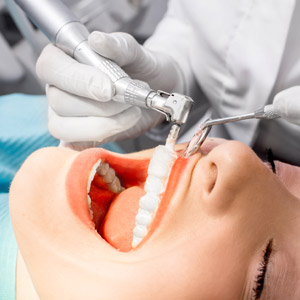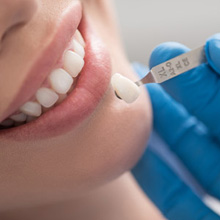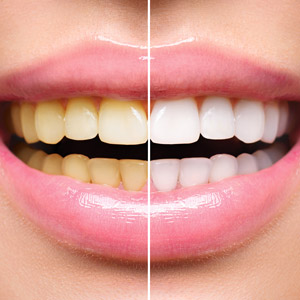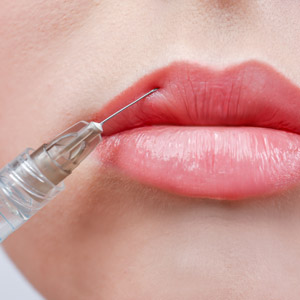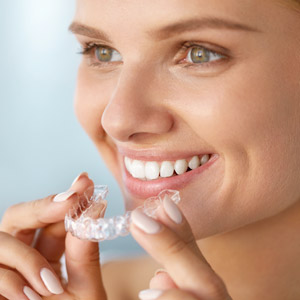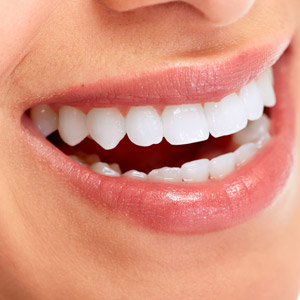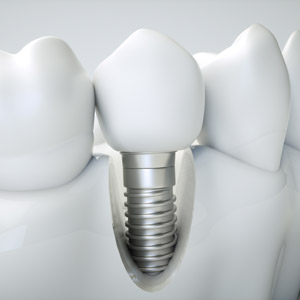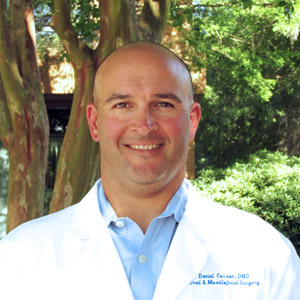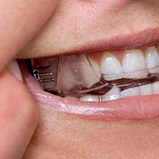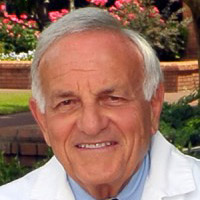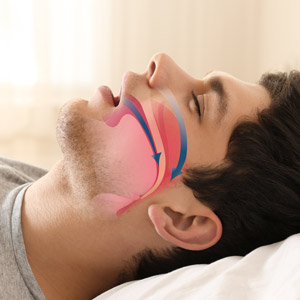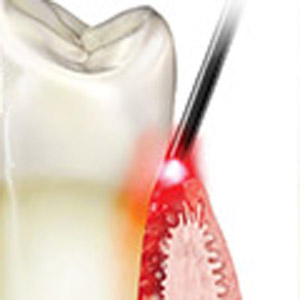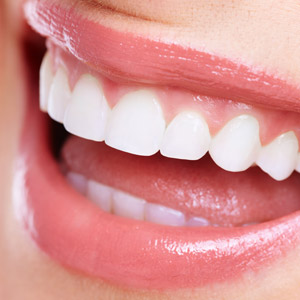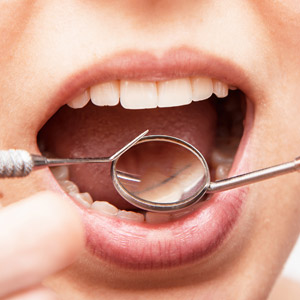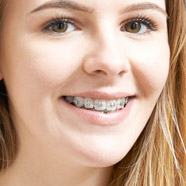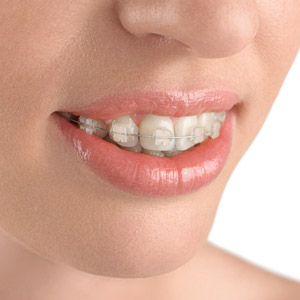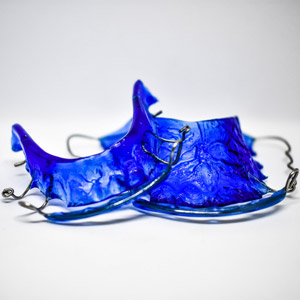Savannah
6602 Abercorn St. #101
912-354-3444
Office Hours
Mon-Thu:8-6 Fri:9-6
 Contact US
PATIENT FORMS
Contact US
PATIENT FORMS
Bluffton
15 Buck Island Rd.
843-706-2146
Office Hours
Mon-Thu:8-4:30
Closed from 1-2 pm for lunch
 Contact US
PATIENT FORMS
Contact US
PATIENT FORMS
Savannah
207 E 31st St.
912-232-2779
Office Hours
Mon-Fri: 8-5
 Contact US
PATIENT FORMS
Contact US
PATIENT FORMS
Notice of Privacy Practices
Savannah
318 Johnny Mercer Blvd. #12
912-897-4548
Office Hours
Mon-Thu: 8-5
Closed from 1-2 pm for lunch
 Contact US
PATIENT FORMS
Contact US
PATIENT FORMS
Brunswick
114 Altama Connector
912-262-6688
Office Hours
Mon-Thu:8-5
 Contact US
PATIENT FORMS
Contact US
PATIENT FORMS
GENERAL DENTISTRY
GENERAL DENTISTRY
Patients have always been the first priority at Morrison Dental Associates. When the practice was founded more than 40 years ago, the primary intention was to provide exemplary oral healthcare services for every patient. And as the practice has grown, that commitment to patient care has not changed.
We approach dentistry a little differently than other dental practices. Morrison Dental believes comprehensive care is the most effective oral healthcare delivery method for our patients, and we perform a full range of dental services ranging from the fundamental general dentistry such as cleanings and cavity repair to specialty services such as cosmetic dentistry, oral surgery, esthetic dentistry and orthodontics. By having a diverse and talented staff of providers and through the use of the most sophisticated dental technology, Morrison Dental is able to treat virtually any dental need our patients have.
We also understand that we are here to serve the patients. At all of our locations in Georgia and South Carolina, Morrison Dental's approach to caring for patients starts with the knowledge that our patients' time is valuable. We know our patients have busy lives, so we work with our patients to schedule convenient appointment times and our staff strives to provide treatment as efficiently as possible.
We believe that our commitment to convenience and comprehensive care distinguish Morrison Dental Associates as the premier provider of comprehensive oral healthcare services in South Georgia and the South Carolina Lowcountry. That's the Morrison Dental Advantage!
Cleanings
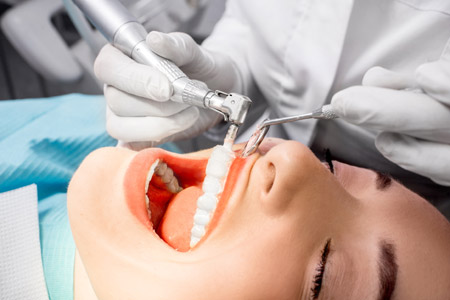
Teeth cleanings are critical to oral health. A teeth cleaning is simple set of procedures that includes the removal of dental plaque in order to prevent cavities and gum disease.
Before a hygienist beings a teeth cleaning, a physical exam of the teeth and gums will be performed. Then, using a small mirror, the dental hygienist uses a scaler to scrub plaque and tartar around the gum line and in between the teeth.
After the plaque and tartar has been removed, the hygienist brushes the teeth with a high-powered electric brush, gently scrubbing the teeth. The next step is thorough flossing performed by the hygienist, reaching deep between the teeth to locate any potential spots that may cause trouble with teeth and gums.
Finally, the patient will rinse thoroughly with liquid fluoride rinse solution. The last step of the cleaning process is often a fluoride treatment used to protect teeth long term against cavities.
Oral health and overall health are directly connected, and teeth cleanings are essential for a healthy mouth and a healthy body.
Cavities

Cavities are the enemy of all dentists. Tooth decay is the erosion of tooth enamel (the hard, outer layer of your teeth). Cavities can be a problem for children, teens and adults.
A sticky film of bacteria called plaque constantly forms on teeth. When you eat or drink foods containing sugars, the bacteria in plaque produce acids that attack tooth enamel. The stickiness of the plaque keeps these acids in contact with your teeth and over time the enamel can break down. And that's when cavities, a little hole in the tooth, is formed.
Cavities are more common among children, but changes that occur with aging can make cavities an adult problem. Recession of the gums away from the teeth, and an increased incidence of gum disease can expose tooth roots to plaque. Tooth roots are covered with cementum, a softer tissue than enamel, and they are vulnerable to decay as well as more sensitive to touch, hot and cold. It's common for people over age 50 to have tooth-root decay.
A filling is one way to restore a tooth damaged by decay. When we fill a tooth, we removed the decayed tooth material, clean the affected area and then fills the cleaned out cavity with a filling material. The filling encases the areas where bacteria can enter and helps prevent further decay. We use several materials for fillings depending on the individual case.
Crowns
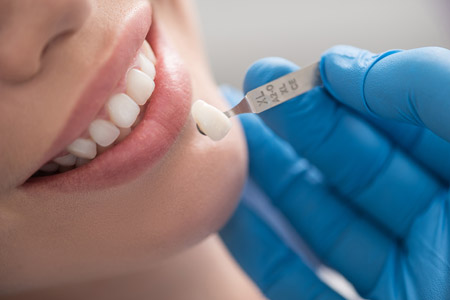
Crowns are full coverage restorations that are used to cover a tooth that is too broken down to be restored with a filling. They are most commonly done after a root canal or when a large filling wears out. The larger the hole made by a cavity, the more likely a crown may be needed. The jaw muscles are some of the strongest in the human body, and actually have a serious effect on the health of your teeth. Every day, your teeth are subjected to tremendous pressure from your jaws. When teeth are weakened due to cavities or cracking, a crown covers the weakened tooth, providing strength and protecting the tooth against breakage. Crowns prevent broken teeth and provide an aesthetic result.
It takes two appointments to restore a tooth with a crown. In the first, any decay is removed from the tooth and it is shaped to accept the crown. Then an impression is made of the tooth for use in fabricating the crown. Between the two visits the crown is made by a dental laboratory, usually of high-strength porcelain over gold alloy, all ceramic material, or gold. During this time a temporary crown is worn. At the second visit the temporary is removed and the permanent crown is cemented in place.
Bridges

A bridge is made up of two crowns for the teeth on either side of the space created by a missing tooth with a false tooth in between. A bridge replaces the missing tooth, both functionally and cosmetically. Bridge work is as much an art as it is an exact science. The materials used may be gold alloys, porcelain bonded to metal alloy, or all ceramic material. The choice of material depends on requirements for strength, wear, and/or esthetics.
TMJ Treatments

TMJ stands for "temporal-mandibular joint." Temporal refers to the temple area of skull. Mandibular, or the mandible, is the lower jaw. And the joint is where the head and jaw meet. Where the two bones meet there is also cartilage (a buffer for the bone) and five key muscles in the area. If you begin to experience issues in this joint it could be caused by a misalignment of the teeth, trauma, or excess muscle tension. Stress to the temporomandibular joint can lead to a variety of aches, pains and difficulty.
Problems in the TMJ area can cause:
- Headaches
- Earaches
- Trouble/soreness in opening and closing the mouth
- Clicking or popping of the jaw
- Pain in the jaw muscles
- Soreness in the area, sometimes extending to the face
Dental treatments for the condition can include moving teeth, (through orthodontics), polishing teeth to adjust the bite, or using a night guard. There is no one solution that is right for all cases.
Because issues in this region are so often caused by clenching or grinding (especially during sleep), a plastic mouthpiece is often the simplest, most effective solution. A night guard cushions your teeth from the severe pressure that your strong jaw muscle can inflict.
Dentures / Partials

There are different types of dentures, but they share a common function. They replace teeth that have been lost due to cavities or periodontal disease. Complete dentures are required when all the teeth in the mouth are missing or must be extracted. Partial dentures are implemented when several teeth are missing but the remaining teeth are cavity free and have good support. When bone loss around the roots of teeth is great enough to loosen them, it's time for dentures. But the truth is that there is no need to panic. Dentures are an aid that will ultimately benefit you and improve your quality of life. No one enjoys losing their natural teeth, but with dentures you can still eat and talk regularly.
After the entire mouth is examined, we will determine which teeth need to be removed and which can remain. The loose teeth are extracted, impressions are taken and the dentures are fabricated. There is an adjustment period after dentures are placed in the mouth—they can take some getting used to. You may find that you have sore spots in your mouth or experience increased salivation, but this is completely normal. Once accustomed to the dentures, most of the normal function and appearance return. If needed, implants can be used to further stabilize the dentures.
Oral Cancer Screening

We perform oral cancer screening as an early detector for mouth cancer, providing more time to treat the cancer and interrupt its progress. We perform an examination of our patients' mouths during all routine visits to screen for oral cancer.
As dentists, we are often the first line of defense in early detection of cancer. At Morrison Dental, we see dozens of patients each day, but The American Dental Association has research that indicates only 60% of the US population sees a dentist every year.
We can't help you if you don't schedule a checkup. Morrison Dental is committed to the effort to aggressively screen all of the patients who visit our practice. We need to drive increased public awareness of oral cancer and to instill in the public's mind the need for an annual screening for this disease.
Oral cancer exams can have the same impact as PAP smear, mammograms and prostate exams, and we know we need to provide leadership with our patients and people who don't regularly see a dentist. Cancer is a common foe we can beat together through awareness and action.
Root Canal

Root canal treatment (also referred to as root canal therapy or endodontic therapy) is necessary when a cavity reaches all the way to the nerve of the tooth. An infected root canal can be caused by simple decay, a chipped tooth, or even a faulty crown. Sometimes repeated tooth restorations or trauma to a tooth may cause the nerve to be damaged to the point it needs root canal therapy. Once the nerve is damaged it begins to die and the dead nerve must be removed. If the dying nerve is not removed an abscess can form, and this can be dangerous and very painful. Symptoms of an infection may include sensitivity to hot/cold or sweets, pain, swelling, pain when biting and tooth discoloration. Sometimes, however, no symptoms are apparent and the person is unaware of any problem until a checkup.
A root canal is performed to clean out the infected tooth pulp, and disinfect the canals of the tooth. Once the infection is resolved, the canal(s) are filled to prevent any further infection. After a root canal, the tooth is sealed with a filling or a crown. This way, further or repeated infection is prevented. This may sound gruesome, but the procedure is safe and effective!
Pediatric Dentistry
At Morrison Dental, our #1 priority for children is prevention and detection. We greet our patients with a smile, and we strive to make children comfortable and secure throughout their visit to Morrison Dental.
Our dental staff is capable of providing oral healthcare for children from infancy through adulthood, and we have the experience and expertise to care for children's teeth, gums and overall mouth through all the stages of childhood. We believe conscientious oral hygiene starts as early as the first tooth erupts. Dental hygiene should be a part of every child's life at a very young age. A child should visit the dentist within six months after eruption of their first tooth or no later than their first birthday. This first visit to the dentist is designed to establish a dental home and to help your child develop a positive relationship with the dentist and proper dental hygiene.
Having young children visit the dentist often for cleanings and exams is critical to ongoing dental care because it prevents bacteria from growing and leading to other dental issues such as tooth decay or inflammation of the gums. The American Academy of Pediatric Dentistry recommends a check-up every six months to prevent cavities and other dental problems.
At Morrison Dental Associates, we are committed to providing children with the highest standard of dental care delivered by friendly and professional dental staff. We know it's important to communicate clearly and often with parents and children to make sure they understand the importance of good oral hygiene. We look forward to meeting you and your child!

